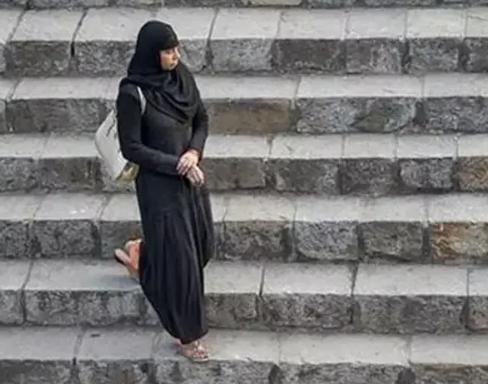
Karnataka Woman Accuses Husband of Triple Talaq over WhatsApp
The practice of triple talaq, or instant divorce, has been a contentious issue in India for several years, with many calling for its ban and others defending it as a fundamental right under Islamic law. Recently, a disturbing case has come to light in Karnataka, where a 28-year-old woman has accused her husband of pronouncing triple talaq to her via WhatsApp, along with demands for dowry and physical abuse.
The woman, whose name has not been disclosed, is a resident of Thenka village in Kaup taluk, and the incident took place in September 2024. According to her statement to the Padubidri police, she married Mubeen Sheikh, her husband, on October 21, 2024, at Koppalangadi Community Hall.
However, the marriage turned sour soon after, with Mubeen allegedly becoming increasingly demanding and abusive. The woman claimed that her husband repeatedly asked her to bring dowry items, including a car and Rs. 5 lakhs, and would often physically assault her when she was unable to meet his demands.
The final straw came when Mubeen sent her a WhatsApp message pronouncing triple talaq, effectively ending their marriage. The woman was devastated and felt helpless, with no one to turn to for support. It was only after several days of contemplation that she decided to lodge a complaint with the police, seeking justice and protection.
The police have registered a case under Section 498A (harrasment of wife) and Section 447 (punishment for cheating) of the Indian Penal Code, as well as under the Muslim Women (Protection of Rights on Marriage) Act, 2019, which makes triple talaq a punishable offense.
This case highlights the shocking prevalence of triple talaq in India, despite the Supreme Court’s ruling in 2017 that declared it unconstitutional. The practice, which was once widely prevalent in India, has been largely discouraged since the court’s judgment. However, it seems that some individuals are still attempting to take advantage of the loopholes in the law and exploit their wives.
The woman’s accusations also raise concerns about the lack of effective implementation of laws aimed at protecting women’s rights. The Muslim Women (Protection of Rights on Marriage) Act, 2019, was introduced to specifically combat the practice of triple talaq, but it has been criticized for being too lenient and not providing adequate protection to women.
The case also underscores the importance of addressing the root causes of domestic violence and dowry demands. The woman’s husband’s behavior was not an isolated incident, but rather a symptom of a deeper societal problem. The need for education, awareness, and empowerment of women is more pressing than ever, as is the need for stricter laws and their effective implementation.
The Karnataka Police have launched an investigation into the matter, and Mubeen Sheikh has been summoned for questioning. The woman has also been provided with protection and counseling services to help her cope with the traumatic experience.
As the investigation unfolds, it is clear that this case will have far-reaching implications for the fight against triple talaq and domestic violence in India. It is a stark reminder of the need for continued efforts to promote gender equality and protect the rights of women.






